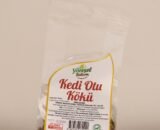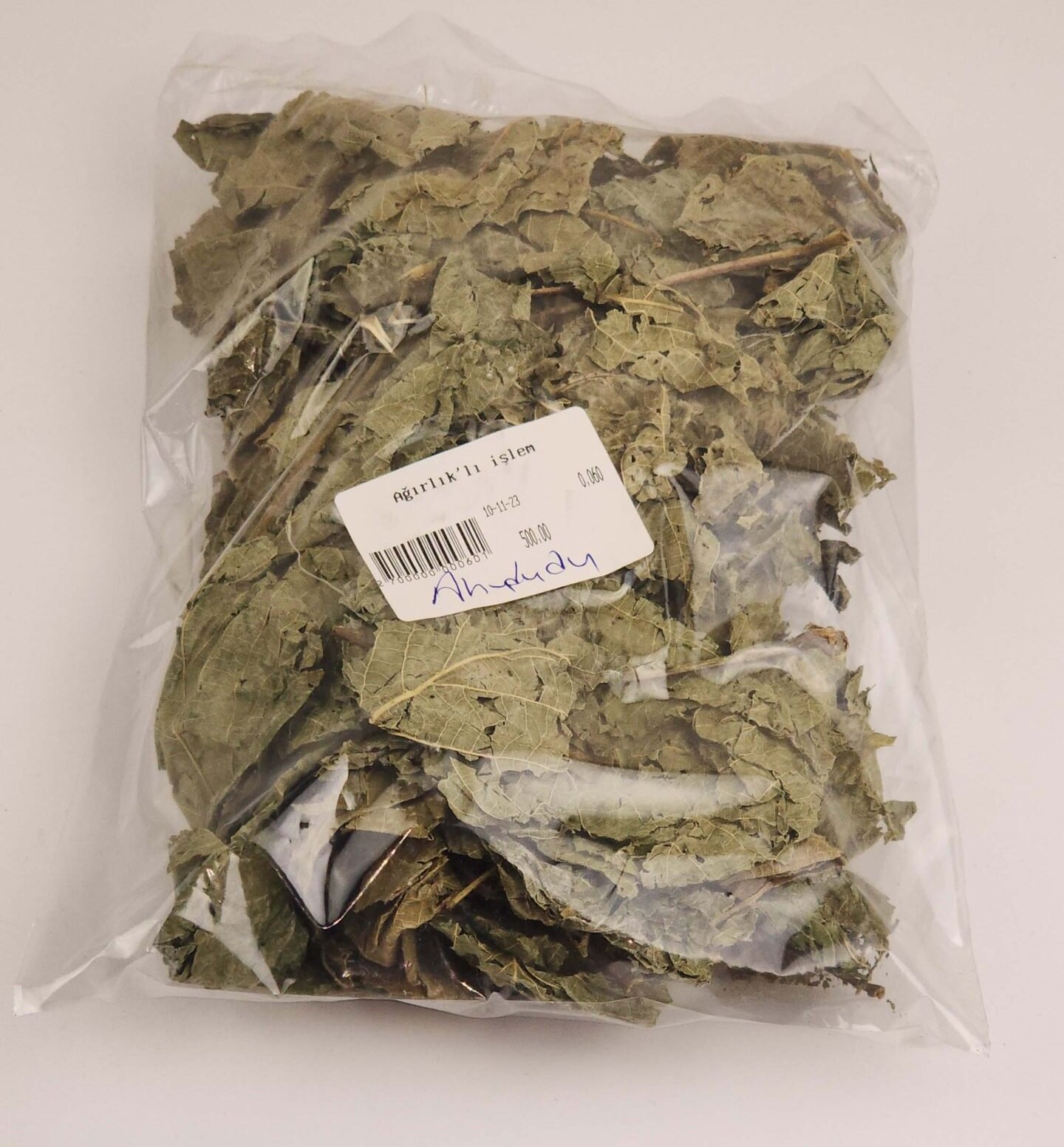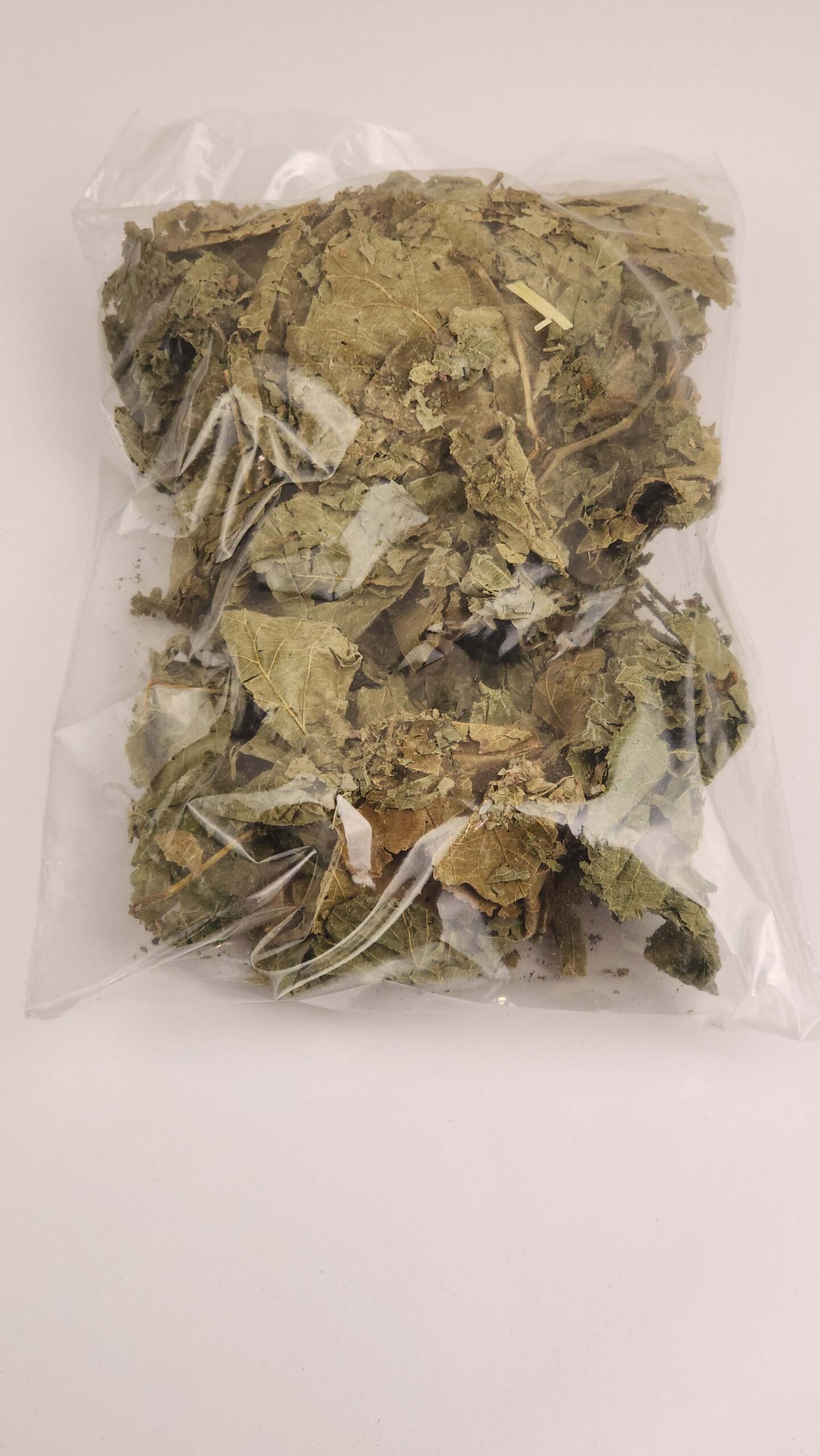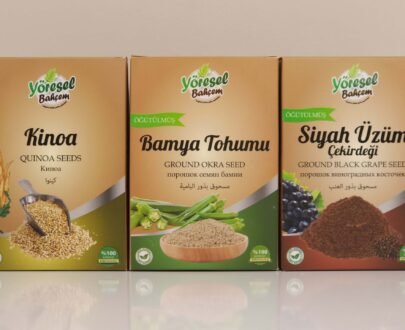RASPBERRY LEAF
The benefits of raspberry leaf tea are especially used by individuals suffering from labor pain during pregnancy. Raspberry leaf, which is among the plants frequently used for women’s health, can be used as tea and ointment. So, how to make raspberry tea? Here is detailed information about raspberry leaf tea and this plant, which is said to have many benefits.
Eating a plump, ripe red raspberry is a sensory experience. The first burst of fragrant flavor is accompanied by a subtle, pleasant and tangy taste. Raspberry is actually a fruit that consists of very small berries coming together around a gap in the middle. The homeland of Rubus ideaus is Asia Minor. Botanical science says that this plant was found by the Ancient Greeks at the foot of Mount Kaz (Mount Ida). This legend may be the explanation of the plant’s species name, idaeus. Ida, a fairy name in Greek mythology, may also be the origin of the plant’s species name. According to legend, while the fairy named Ida was choosing raspberries for Zeus, the fruits of the plant were white until she made her hand bleed. From that day on, the color of the plants took on the color of Ida’s blood. Romans were growing raspberries in the 4th century AD.
As they conquered different parts of Europe and England, they also brought raspberries to these regions. Archaeologists found raspberry seeds during excavations at Roman castles in Britain. In the Middle Ages, the raspberry plant was grown in Europe and England. In the late 1700s, Rubus idaeus was brought to the colonies in North America as a cultivated plant. It is likely that the Greeks and Romans cultivated raspberries for both food and medicine.
BENEFITS OF RASPBERLE LEAVE
Booster for women, Pregnancy tea, Diarrhea
Raspberry has long been known as a female plant. Its leaves were taken by young women to regulate their menstrual cycle, relieve menstrual pain, and were used for a long time to make the pregnancy period more comfortable. Raspberry leaf is a food taken during pregnancy and a product used to make medicine to reduce labor pains. The history of this usage dates back to the 6th century. It was said to strengthen the uterus and give stamina.
Nowadays, it is included in most of the teas drunk during pregnancy. According to a survey, 15-25% of women in the USA, Canada and Australia consume raspberries during pregnancy. According to a survey of 172 certified nurse midwives, 63% of herbal medicine users recommend red raspberry leaf.
There is not much evidence about which health problems raspberries are good for, but it is generally recommended for use during pregnancy. According to the observation of some midwives in Australia, there were no negative effects on women who took raspberries during pregnancy and the babies they gave birth to, compared to those who did not take raspberries. A double-blind, placebo-controlled clinical trial was subsequently conducted among 192 women with low-risk pregnancies in Sydney.
Women were given 1200 mg of raspberry leaf capsules twice daily for 32 weeks until birth. No difference was observed between those taking raspberries and those taking a placebo in terms of length of pregnancy or adverse effects on the baby. In those who received raspberry leaves, the second stage of labor pain (the stage in which the cervix is fully dilated until the birth of the baby) lasted less and the birth rate occurred at a lower rate. Research shows that raspberry leaf has no effect on preventing premature births.
Raspberry leaves contain tannin, which has a mild haemostatic effect and relieves diarrhea. This property also explains its traditional use for sore throat and tonsillitis.












Customer reviews
Reviews
There are no reviews yet.
Write a customer review